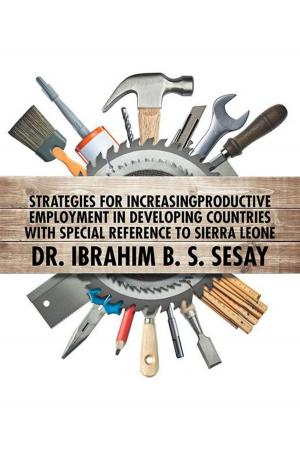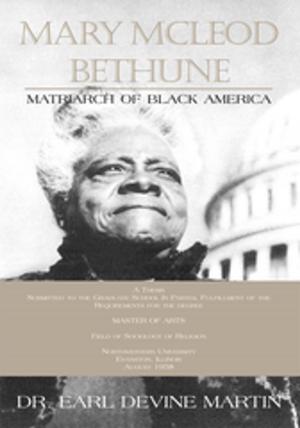| Author: | Bernard Arogyaswamy | ISBN: | 9781503565326 |
| Publisher: | Xlibris US | Publication: | April 29, 2015 |
| Imprint: | Xlibris US | Language: | English |
| Author: | Bernard Arogyaswamy |
| ISBN: | 9781503565326 |
| Publisher: | Xlibris US |
| Publication: | April 29, 2015 |
| Imprint: | Xlibris US |
| Language: | English |
Despite the (admittedly gradual) recovery, the debate over so-called entitlements rages on. Coined in the 1980s to encapsulate government spending aimed at offering a helping hand (in health care, education, housing, buying food, etc.) to those who were in need of it, the label has acquired pejorative overtones. Implicitly (or, sometimes, explicitly), the label now refers to payments made to the lazy, the incompetent, the free riders, and moochers who live off the generosity of the rest of us. The book argues that, to begin with, some of the social spending under attack is funded by earlier contributions made by the beneficiaries (e.g., Medicare, Social Security). Changes may be needed in how these systems operate, but scrapping them would be like throwing the baby out with the bathwater. Most other social spending is essential in order to create the skills and capabilities indispensable to competing in an economically multipolar world, as well as to address the chasm of inequality that has opened up in the United States. Condemning millions to live increasingly degrading lives in a country as wealthy as ours is little short of economic eugenics. The main thesis of this work, however, is that the entitlement mind-set is deeply rooted among the affluent and super rich as well. Ever-lower tax rates, deregulation and subsidies, and in general, highly generous treatment is taken to be a right by large corporations and the affluent. This entitlement is ensured by an army of compliant politicians and lobbyists, ideology-driven think tanks, a market-oriented media. Entitlement is a society-wide phenomenon and we are all culpable in that regard. As an exceptional nation, we reserve the right to act as we see fit in defense of our unique values. Paradoxically, we sometimes violate those very values in the process of defending them. The entitlement to be prosecutor, judge, and jury also stands out in national attitudes to globalization and our policies in science and technology.
Despite the (admittedly gradual) recovery, the debate over so-called entitlements rages on. Coined in the 1980s to encapsulate government spending aimed at offering a helping hand (in health care, education, housing, buying food, etc.) to those who were in need of it, the label has acquired pejorative overtones. Implicitly (or, sometimes, explicitly), the label now refers to payments made to the lazy, the incompetent, the free riders, and moochers who live off the generosity of the rest of us. The book argues that, to begin with, some of the social spending under attack is funded by earlier contributions made by the beneficiaries (e.g., Medicare, Social Security). Changes may be needed in how these systems operate, but scrapping them would be like throwing the baby out with the bathwater. Most other social spending is essential in order to create the skills and capabilities indispensable to competing in an economically multipolar world, as well as to address the chasm of inequality that has opened up in the United States. Condemning millions to live increasingly degrading lives in a country as wealthy as ours is little short of economic eugenics. The main thesis of this work, however, is that the entitlement mind-set is deeply rooted among the affluent and super rich as well. Ever-lower tax rates, deregulation and subsidies, and in general, highly generous treatment is taken to be a right by large corporations and the affluent. This entitlement is ensured by an army of compliant politicians and lobbyists, ideology-driven think tanks, a market-oriented media. Entitlement is a society-wide phenomenon and we are all culpable in that regard. As an exceptional nation, we reserve the right to act as we see fit in defense of our unique values. Paradoxically, we sometimes violate those very values in the process of defending them. The entitlement to be prosecutor, judge, and jury also stands out in national attitudes to globalization and our policies in science and technology.















